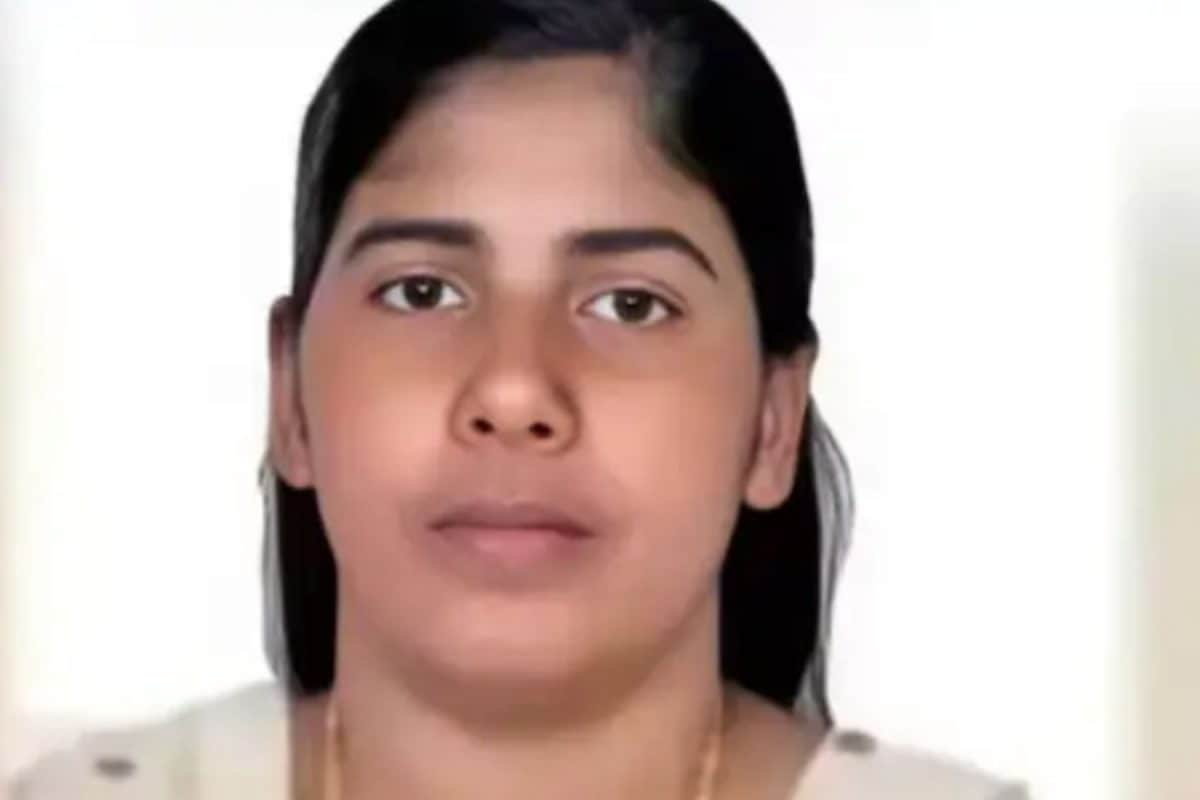

The case of Nimisha Priya, an Indian nurse sentenced to death in Yemen for the murder of Yemeni citizen Talal Abdo Mahdi in 2017, remains a sensitive and complex matter, with the Indian government actively involved in providing all possible assistance. The latest developments indicate a mix of challenges and continued efforts to secure her release.
Nimisha Priya, originally from Kerala, was convicted in 2020 for the murder of Talal Abdo Mahdi. Reports indicate that she had allegedly sedated him in an attempt to retrieve her passport, but the dose proved fatal. Her appeals were rejected by Yemen's Supreme Judicial Council in November 2023, and the country's president approved the execution order in 2024.
The execution, initially scheduled for July 16, 2025, has been postponed. This postponement followed interventions from diplomatic and religious figures. Specifically, it is reported that Kanthapuram A.P. Aboobacker Musliyar, a Sunni leader from India and also known as the 'Grand Mufti of India', facilitated negotiations in Yemen with the help of a Sufi scholar, potentially leading to the delay. However, some reports suggest that the role of the Grand Mufti has been exaggerated. Sources indicate that the Indian embassy in Riyadh played a key role in the temporary stay of execution.
Despite these efforts, the family of the victim, Talal Abdo Mahdi, has expressed their unwavering stance, demanding retribution and refusing to grant a pardon. Abdelfattah Mahdi, the brother of the deceased, has voiced strong opposition to any reconciliation or pardon, emphasizing that "blood can't be bought" and that they seek justice. This stance poses a significant challenge, as a pardon from the victim's family is considered the most viable legal avenue to avert the execution under Yemeni law.
The Indian government has been actively pursuing avenues for resolution. The Ministry of External Affairs (MEA) has stated that the government is extending all possible assistance in the case. This includes attempts to negotiate a "mutually agreeable" solution with the victim's family. However, the complexities of the situation are amplified by the fact that Nimisha Priya is imprisoned in Sana'a, a city under the control of Houthi rebels, with whom India has no direct diplomatic connection. This lack of direct diplomatic access complicates efforts to provide assistance and negotiate her release.
There have been attempts to offer "blood money" (Diyah) to the victim's family, with supporters raising a substantial amount for this purpose. However, the family has rejected these offers, maintaining their demand for execution. The situation is further complicated by conflicting media reports, with some suggesting that the victim's family was more interested in financial compensation, which angered the brother of the deceased.
Attorney General R Venkataramani told the Supreme Court that the Indian government is reaching the limits of its intervention capabilities. The court was informed that the only remaining way forward is if the victim's family accepts financial compensation. Nimisha's mother traveled to Yemen in 2023 to plead for forgiveness, and her husband remains in contact with her, continuing to appeal for public support.